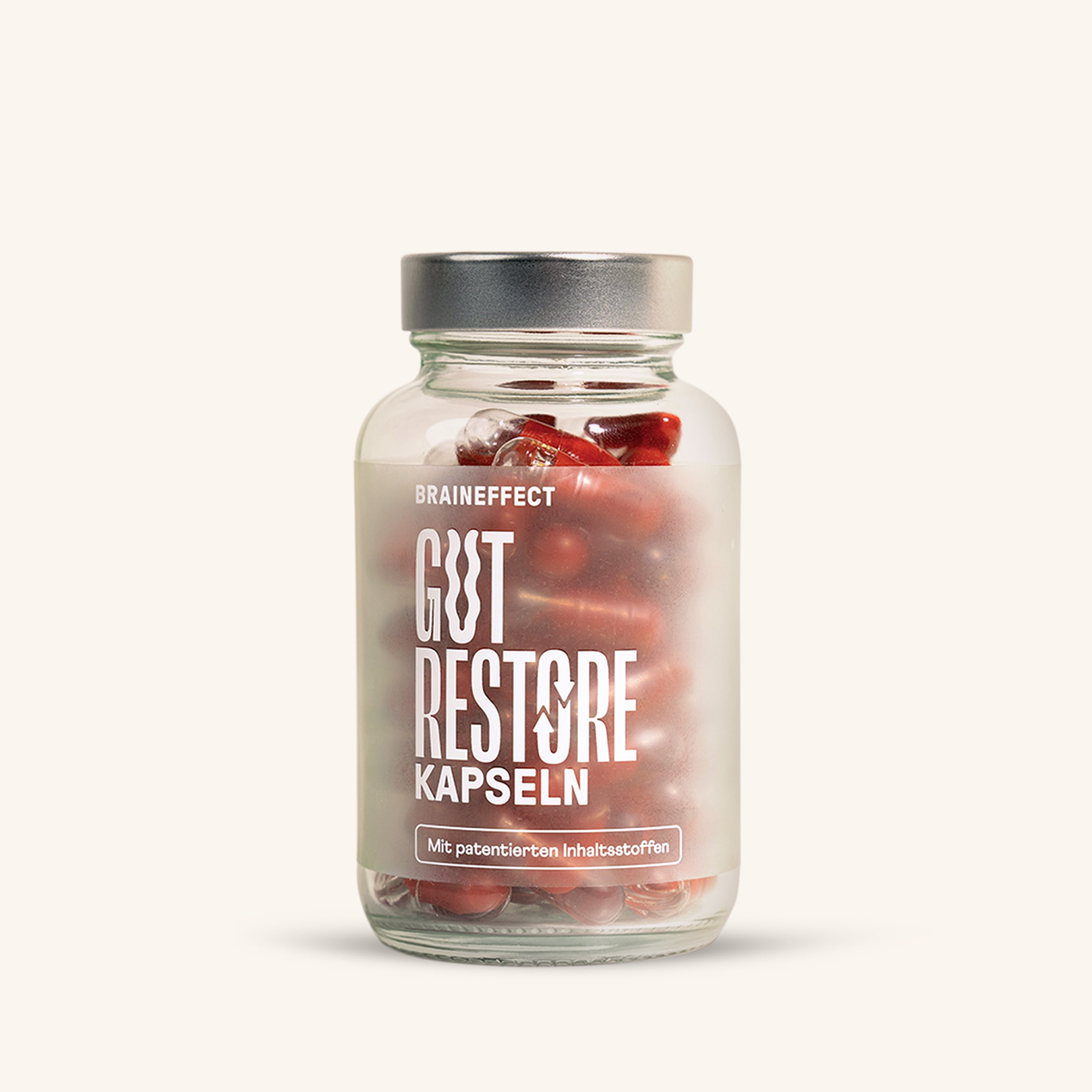Too much information leads to overload
According to a study from the University of California at San Diego, you're bombarded with the equivalent of 34 GB of information every day! That's 100,500 words a day, or 23 words per second. Roger Bohn and James Short, the study's authors, believe this information overload damages your brain in the long run. You become increasingly disconnected from other people and develop a shorter attention span. This, in turn, impairs complex thinking. "People who are on their computers or cell phones all the time," says New York psychiatrist Edward Hallowell, who specializes in attention deficit disorders, "are so busy processing information from all directions that they lose the need to think and feel."
Take-Home Message #1: A constant flood of information overloads your brain. It doesn't stimulate thinking; instead, it numbs you.
How your brain reacts to the flood of information
Your brain's capacity is limited. If it's overloaded with too much information, it leads to a stress reaction, triggered by an overtaxation of the sensory organs. If you are exposed to long-term stress, your body enters a kind of state of emergency. During this constant state of stress, the hormones adrenaline, norenaline, and dopamine are released. The consequences include high blood pressure, digestive problems, and headaches. In the Malmö Preventive Project in Sweden, a long-term study¹ of 33,000 people demonstrated the effect of long-term stress on the risk of heart attack and stroke. Overloading with large amounts of information also has a negative impact on your psyche. The reason for this is the permanent activation of the sympathetic nervous system. The sympathetic nervous system, as part of the nervous system, prepares the body for performance, and so the action potential in all body cells is at peak performance. In the long term, this leads to exhaustion, irritability, and aggressiveness. In short: work efficiency decreases.² The result for your mental performance: Long-term stress, and thus a sustained release of cortisol, can damage the cells of the hippocampus. The hippocampus is the part of the brain that is central to learning and memory. If cells are damaged, this has a negative impact on memory.
Take-Home Message 2#: Overload from large amounts of information puts the body into a state of stress. Consequences include increased blood pressure and impaired memory.
Multitasking - The solution?
When we are constantly confronted with new information, we naturally try to manage it. This is generally understood to mean the ability to multitask . Are you said to be good at multitasking? That's great, isn't it? Researchers at Stanford University in California found quite the opposite in a study of 100 test subjects. The human brain can handle a maximum of two tasks at once. If a third task is added, the accuracy with which the brain completes all three tasks drops dramatically. "Multitaskers" are particularly inattentive, forgetful, and inflexible. This result was a big surprise - after all, it was thought that multitaskers in particular had a special gift. Instead, it is multitaskers who are at a disadvantage. They lack the ability to filter the irrelevant from the relevant. "Everything distracts them," said one member of the research team, which presented its findings in the journal "Proceedings of the National Academy of Sciences." This not only leads to unfocused work but also slows down the brain because it has to process more information.
Take-home message #3: Multitasking as a work and learning strategy itself leads to concentration problems and performance deficits.

5 useful tips for working effectively without overload
So we've established that multitasking isn't the solution to the problem and inevitably leads to even higher levels of stress and overload. While it may be tempting to do several things at once to save time, it's actually more beneficial to focus intensively on one task and then move on to the next. Below, you'll find more useful tips and tricks on how to better organize yourself, manage your time, and be productive—all without multitasking.
1. Set priorities
You're confused and wish you had five arms to tackle all the important tasks at once? Understandable, but impossible. Instead, approach your tasks in a structured manner. Get an overview of your to-dos and set priorities. What needs to be done first and what can wait? Plan your workday this way and make sensible decisions, then tackle one task at a time.
2. Stay focused
Do you tend to get easily distracted by conversations with colleagues, emails, or the endless expanse of the internet? Unfortunately, this is toxic for successful time management and productive work. What you need is a high degree of concentration and the ability to stay focused. Therefore, build a kind of "protective wall" and don't let anything or anyone disturb you. If you share an office with several colleagues, create your ideal working environment with exactly the conditions you need for focused work. Change rooms if necessary, listen to music, and consciously forbid yourself from using the internet.
3. Process emails sensibly
According to a study³ by Bain Company, an international management consultancy, emails and meetings are the number one time-wasters in German offices. And indeed, when your inbox is overflowing, you feel like you have to respond immediately and can easily become distracted. So, you need a good strategy for dealing with your emails. It's best to do what many top managers do: set a specific time slot for it, for example, you only check your emails twice a day for about 30 minutes – once in the morning and once in the evening – and work through them.
4. Plan breaks
Regular downtime and breaks are essential for focused work. We're not talking about a long lunch break, but rather short mini-breaks between intense periods of concentration. Studies show that this quickly recharges your brain's batteries. After 1-2 hours of peak performance, it's best to treat yourself to a 5-minute break, which you can structure however you like: drink coffee, chat with colleagues, or do relaxation exercises for your muscles and back. The main thing is to minimize the amount of stimuli you're exposed to.
5. Turn off your smartphone
Who's surprised? The smartphone is an absolute productivity killer and even fools us into believing we can multitask, says psychology professor Christian Montag from the Chair of Molecular Psychology at the University of Ulm in an interview with the Süddeutsche Zeitung⁴. Because we reach for our phones almost reflexively every 18 minutes on average, the "flow" is missing, the state when we are completely absorbed in a task, forget time and space, and are productive. So, if you're not using your smartphone directly for work, turn it off or put it aside and don't look at it again until your break.
Sources:
http://neurolab.eu/neurostress/chronic-stress/
http://www.gesundheit-und-wohlbefinden.net/psychische-ueberforderung-durch-reizueberflutung/
http://www.bain.de/press/press-archive/your-scarcest-resource.aspx
http://www.sueddeutsche.de/karriere/psychologie-professor-christian-montag-im-interview-produktivitaetskiller-smartphone-1.2779801
{{widget type="egproducts/list_featured" template="elegento/products/listslider.phtml"}}













